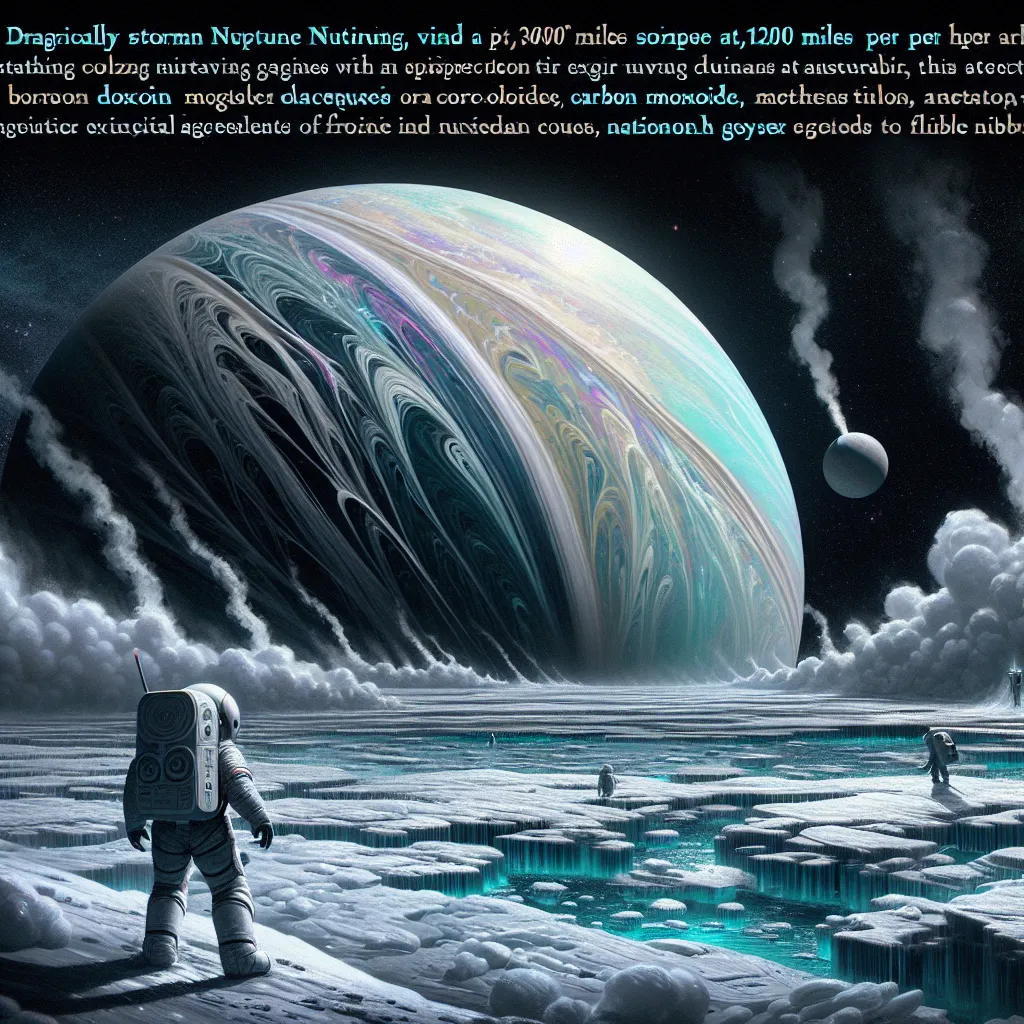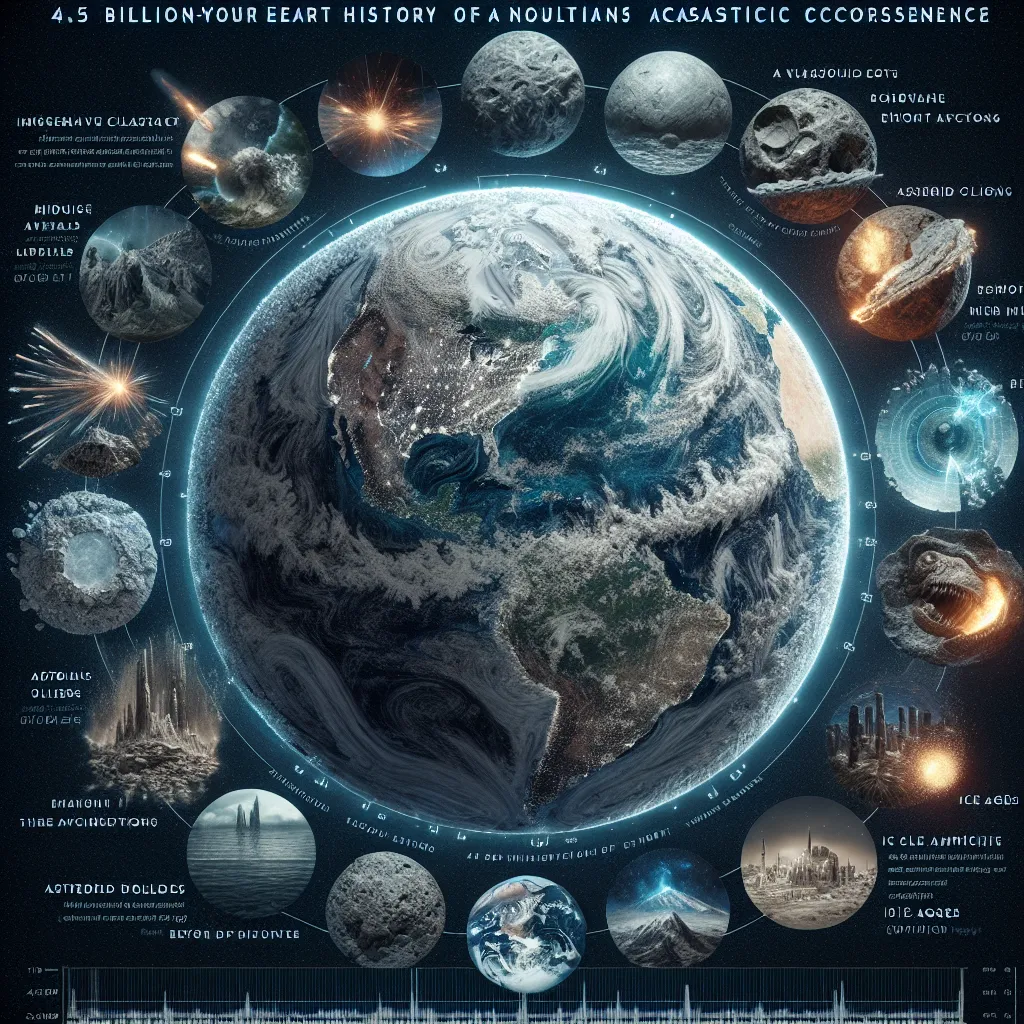Ever wondered how your body copes with extreme weather? Whether you’re struck by lightning, battered by hailstones, dunked into freezing seas, or swept away by flash floods, survival stories often seem like miracles. Surprisingly, humans are both tough and fragile; we can endure a lot, but there’s a limit. Once we push past these limits, surviving nature’s wrath becomes a test of our innate defenses and sheer willpower.
Take lightning, for instance. Imagine jogging through a park on a typical summer day, when suddenly you’re struck down. Dana Larson experienced this terrifying event. Struck by lightning in Houston’s Memorial Park, he collapsed, losing his memory and suffering nerve damage. Despite the odds, he survived—a feat many don’t achieve. Research by experts like Ron Hawley shows that standing outside during a lightning storm is seriously perilous. No tall object nearby? Tag, you’re it for the lightning bolt.
Then there’s extreme heat. In 1995, Chicago’s heatwave saw temperatures hit unbearable highs, killing over 700 people. Humans can only handle a narrow temperature range, relying on our bodies’ mechanisms to cool down. Demonstrations show that as temperatures soar, our bodies fight back by directing blood flow to our skin and making us sweat. But this defense has limits. Without adequate hydration, we’re in deep trouble. In extreme cases, dehydration can lead to organ failure and death.
Extreme cold is another killer. Though shivering can generate heat, it’s far from adequate in icy conditions. Wind chills can turn a bone-chilling temperature into a deadly one. Volunteer Louise Brady found out the hard way when she was subjected to near-freezing water. Her body’s natural defenses kicked in, but it wasn’t enough. Hypothermia sets in quickly, leading to catastrophic consequences if help isn’t available.
Hailstones may not seem as deadly until they smash your car to bits. Storm chasers like Val Castor know this firsthand. A hailstorm with baseball-sized stones once pummeled his truck, causing massive damage. What if one of those stones hit a person? Tests with simulated hailstones show that even small pieces of ice can be fatal at high speeds.
Surviving at sea during storms is another deadly scenario. Yachtsman Tony Bullimore was trapped in freezing waters for five days after his boat capsized. His survival depended on more than just his high-tech immersion suit—it was his will to live that kept him going.
Flash floods, too, can engulf communities in minutes. The village of Boscastle in England saw such devastation one summer. Tourists Richard and Rachel Strauss were caught in the chaos, their car submerged by rapidly rising waters. Remarkably, they survived, but the incident shows how quickly flash floods can become deadly.
From storms that spawn tornadoes with winds up to 300 miles per hour to freezing waters that suck away body heat 25 times faster than air, nature is an unforgiving teacher. Survival often comes down to a combination of physical resilience and mental fortitude. As we’ve seen, those who manage to stay alive typically have a crucial component—an incredible will to survive for the sake of something greater.
So, next time you hear about a miraculous survival story during extreme weather, remember: it’s not just luck. It’s the powerful interplay of human physiology, ingenuity, and an indomitable will to live.






